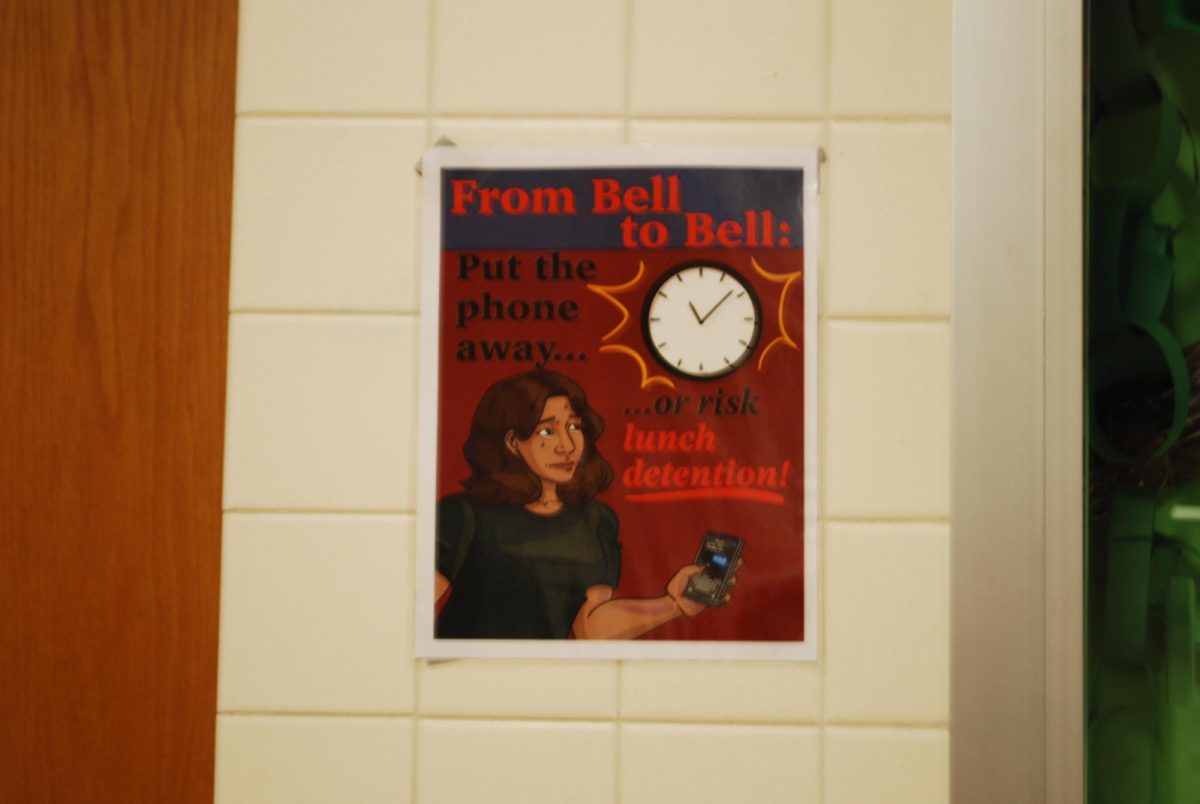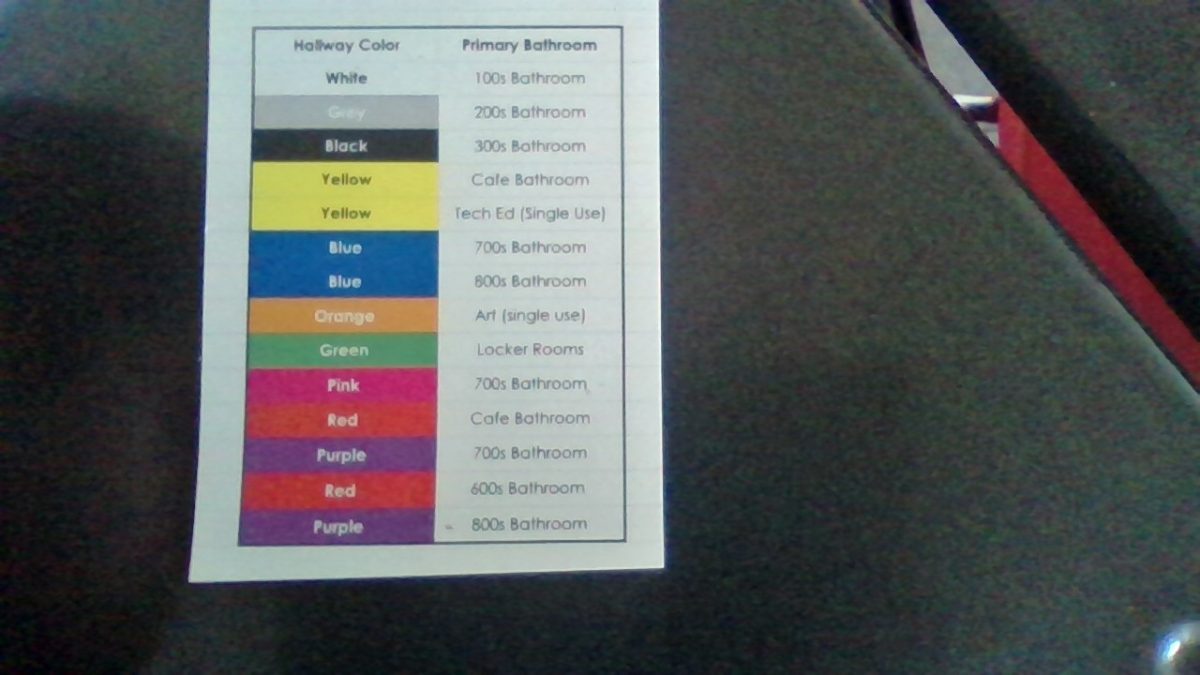Cell phones: we all know them, love them, use them at our earliest convenience despite the fact that our English book report is due next period and the only thing we have down is, “In Of Mice and Men,” in an almost empty Google document. Or maybe it’s our AirPods, or smart watches, whatever your choice of device is, it’s undeniable we use them a lot. So at the start of the year some students may have been surprised to learn that the policy had shifted towards stricter guidelines on when and where you can use these devices. While to some this decision seems to have come out of nowhere; it’s actually part of a series of adjustments to many school’s policies statewide.
Before we dive into the aforementioned statewide shift, we should cover how Boyertown specifically has changed its policies. Not too dissimilar from last years electronics policy all cell phones and smart devices are only permitted, ” before HR, between classes, during lunch, and in Open Campus.” Students must otherwise place these devices in their bags. If the need for them arises in a lesson an exception is made regarding the earbuds all students received at the start of the year, and students may purchase additional pairs at the school store for $2 in case they are lost or damaged.
Students will be given no warnings when it comes to these policies. Infractions will result in a lunch detention, or other forms of progressive disciplinary action in the case of repeats, for each offense. Additional information can be found in the student handbook, and more specifically the Cell Phones and Electronic Devices section on page 68.
In early June of this year Governor Josh Shapiro signed a Senate approved bill that encourages schools to look towards starting programs to stop phone being used in schools. The bill itself creates an $100 million fund that gives all approved school district applicants the ability to receive grants for the purpose of starting a two year pilot program where students are required to put phones and other electronics in “phone lockable bags,” for the duration of the school day.
Any school who chooses to apply for the program must track changes in student’s mental health, incidents of bullying, incidents of violence, and academic performance over the following two school years.
So why the changes? The primary reason for these changes is the health and safety of the students, as not only do these electronics affect student’s academic performance, but their mental health as well. The concerns over how social media can be harmful to teenagers are numerous with even the United States Surgeon General Dr. Vivek Murthy expressing concern in an opinion piece he wrote on the New York Times calling for social media platforms to have “warning labels.”
“I can understand why people don’t like it, but I can see why it would work because people will focus more in class.” says Gabriel Johnson, a senior here at BASH. To his point the new rule isn’t exactly popular with students, students like sophomore Madison Venberg who finds the new policy “egregious,” in its strictness, or Evan Gould who says he didn’t “think it was that big of a problem,” and, “makes communication to home harder.”
Mr. Turner, a teacher at BASH, gave his input as well saying, “I think it’s gonna make it a little easier to not be as distracted. Hopefully it will improve mental health to get a break from phones and social media.” “It’s early but I think it [the policy] will result in some long term improvements in grades and attention.”
While it remains to be seen, there is high hopes that these changes will help result in a better, more productive, and most importantly safer experience for students at BASH.

























